Practical Sanskrit-English Dictionary
₹795.00
In stock
Too Good to Resist Sale is Live BUY AND SAVE NOW
This Dictionary has been undertaken to supply a want long felt by the student, f a complete and at the same time cheap Sanskrit-English Dictionary. Very little need, I think, be said with regard to the necessity of bringing out a work like this, when the study of Sanskrit has received such a strong impetus during the last twenty five years. There have been four or five Sanskrit-English Dictionaries published till now; but very few of them fulfil the two essential conditions of the popularity and usefulness of such works: satisfying all the requirements of students and at the same time being within their easy reach. The Dictionaries of Professors Wilson and Monier Williams are very useful and valuable works, but their prices-particularly of the latter-are prohibitively high, and they do not also meet many of the most ordinary wants of Sanskrit readers. A student, while reading Sanskrit at School or College, generally expects that the Dictionary which he uses will give will give appropriate equivalents for such words and compound expressions as may have peculiar meanings or shades of meaning in particular passages.
Review(s)
About the Author(s)
Vaman Shivaram Apte came from a well-to-do family in Konkan. In the Marathi Stats of Sawantwadi, in the small village of Asolopal (Banda Pets) his father was known as a noble-minded Pandit of high integrity of character. But his obliging nature brought the family to straitened circumstances at the time of his death, for standing surety for a friend. Vaman was then only eight years old. He was born in 1858 in the same village and had his primary education there. His mother, a brave lady, saw no future for the family in that native place and came to Kolhaput with her two sons (Vaman and his elder brother) and with great difficulty brought up her children. But she and her first son succumbed to death within three years and Vaman was left orphan. However, his sharpness and brilliancy won him the favour of Shri. M.M. Kunte, the Head Master of the Rajaram high School and a reputed scholar and hence Vaman’s school-career was completed without much hardship. He passed the Matriculation examination and secured more than 90% of the total marks, with the unique Sanskrit scholarship, named after Jagannath Shankarshet. Prof. Kielhorn wanted him to study in the Deccan College directly under him. There too Vamanrao showed his brilliance in all examinations and won the Bhau Daii Sanskrit Prize at the BA examination (1877) and the Bhagawandass Scholarship at the MA examiniation (1879). With thesedistinctions Government service of a very high grade would have been very easy for him. But he had kept before his eyes the patriotic ideas, some of which had already been brought into practice by Vishnu Shastri Chiplunkar, the father of the modern Marathi and of national education. Apte decided once for all to devote himself to the cause of national education by joining the founders of the New English School in 1880,in its first year. Of course, the institution (New English School) made a most precious acquisition in getting the services of V.S. Apte, in the very beginning of its career. His was a most precocious and penetrating intellect and the record of his academic achievements was most distinguished. Sanskrit was his special forte. He was a born teacher and a strict disciplinarian. The founders of the institution recognised his pre-eminent merits and invested him with the office of the Superintendent, while the patriarch Chiplunkar himself worked under him as the Head Master. Apte’s labours bore speedy fruit in as much as the school carried off one of the two Sanskrit scholarships at the Matriculation examination, even in the first year.
Additional information
| Weight | 0.5 kg |
|---|---|
| Dimensions | 10 × 11 × 12 cm |
| Book Author | Vaman Shivram Apte |
You must be logged in to post a review.

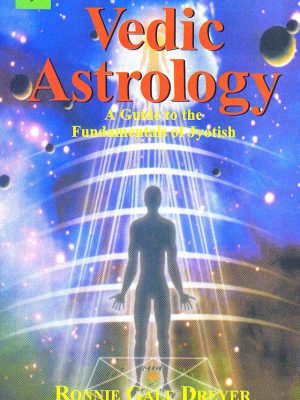
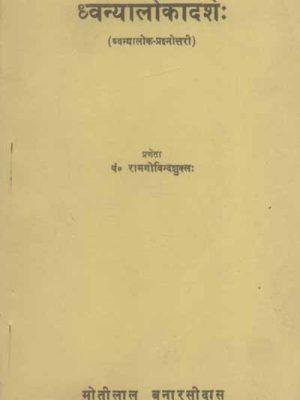
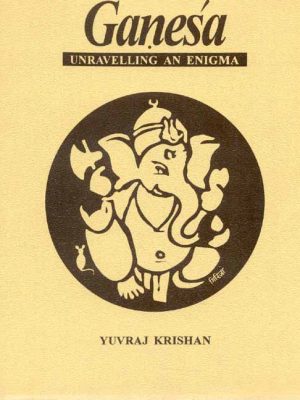
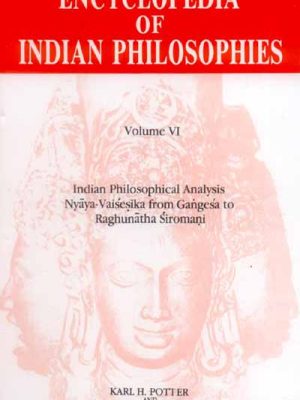
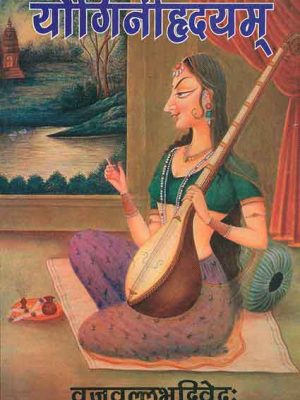
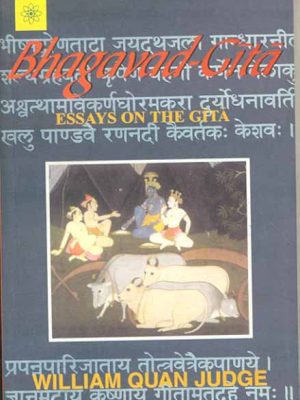

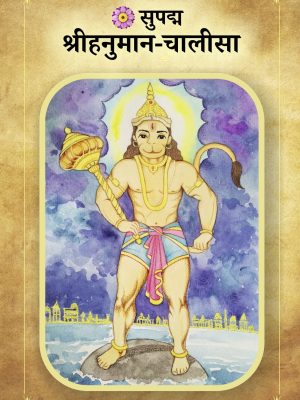

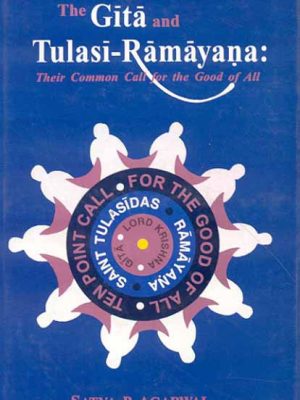
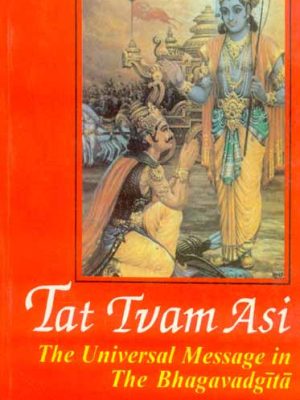
Reviews
There are no reviews yet.